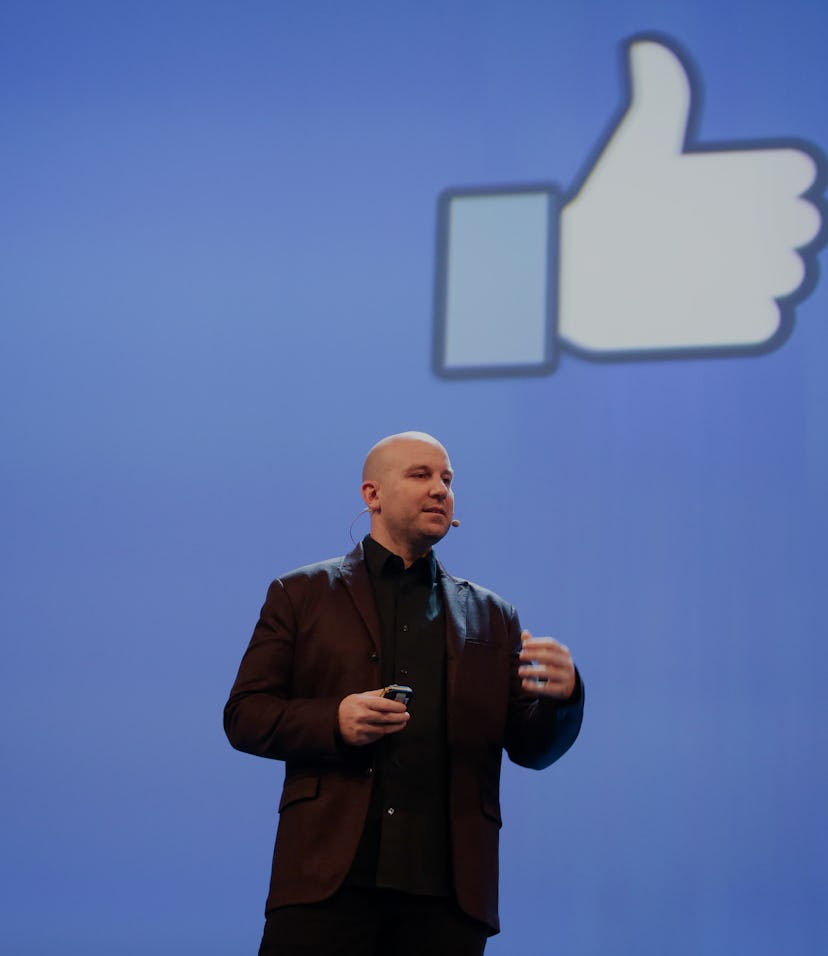Tech
Facebook is seriously weighing whether its smart glasses should have facial recognition
Imagine a strange being able to identify you thanks to their smart glasses and your Facebook profile.

Facebook is weighing whether its upcoming smart glasses should incorporate facial recognition technology. The company has been developing wearables since at least 2017, and plans on releasing a pair of smart glasses later this year, but what sort of privacy measures they'll include is still being debated.
In a new report by BuzzFeed, sources say that Andrew Bosworth, Facebook's vice president of augmented and virtual reality, told employees during a recent meeting that the company is assessing the legal implications of offering facial recognition in upcoming devices. The comments were made in response to an employee asking whether or not people would be able to mark their faces as unsearchable out of fear of stalking or harassment.
Bosworth's comments are concerning and suggest Facebook is focused on the legality of facial recognition and possible backlash more than the ethical concerns of including the option at all.
The glasses were initially supposed to feature augmented reality technology that overlays digital information on the real world, but those ambitions have been scaled back to a pair of glasses akin to the Snapchat Spectacles, at least for the first iteration of the new hardware. Facebook already sells hardware products under its Oculus and Portal brands, with hopes that these products will serve as new platforms free from Apple's grip, and which will lock consumers in.
History repeats itself — Omnipresent facial recognition technology could be ripe for abuse and would almost certainly open Facebook up to the same criticisms that led to the demise of Google's smart glasses, Google Glass. Introduced in 2013, Glass had a camera on its front and the term "glassholes" almost immediately arose to describe those who chose to wear the semi-smart glasses. People were wary that anyone wearing Glass could surreptitiously record those around them. The animosity got so bad that Glass wearers were repeatedly assaulted in public.
Facebook already uses sophisticated facial recognition technology to identify people and tag them in photos uploaded to the platform. The company was forced last year to pay $650 million to Illinois citizens over the feature because that state prohibits companies from collecting facial scans without a person's consent. Such laws could prevent Facebook and others, like Clearview AI, from creating massive searchable databases of faces. Facebook doesn't have a great track record with protecting user data, and privacy experts hope these types of laws will expand to the federal level.
Public trust — Considering the immense distrust that surrounds Facebook in general, it's hard to see how incorporating facial recognition would do anything but harm its reputation further. Bosworth suggests that Facebook's smart glasses could be used to recognize someone at a party if they can't remember their name or are visually impaired. Maybe there's some truth to that, but facial recognition tech has been repeatedly misused to the point that cities have begun banning its use in law enforcement until federal regulation is enacted to provide new safeguards against its abuse.
Maxine Williams, Facebook's chief diversity officer, said during the meeting that Facebook will have to consider the product's potential for harm and discrimination. She also added that the company will soon spend more on marketing to improve Facebook's brand image. Good thing it has really deep pockets, because that's going to be an expensive exercise.